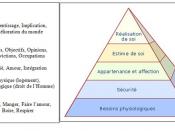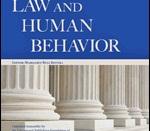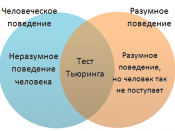iN WHAT WAYS DO GROUPS BEHAVE DIFFERENTLY FROM INDIVIDUALS? This essay will attempt to answer the above question by not only studying the conduct of individuals and groups in a work context, but also by looking at the causes of behaviour. Organisational behaviour theories, experiments and case studies will be used to investigate the behaviour of first the individual and then the group in a work environment. The term "group" for the purposes of this assignment as been defined as a formal group which has been established by an organisation at a point in time in with the purpose of achieving a specified goal. Although it is noted that many friendship and informal groupings do develop. When both the behaviour of the individual and the group have been assessed, a discussion will be made as to how these behavioural patterns differ, why they differ and to what extent they differ.
Individual Behaviour There are many theories of human behaviour used for the purposes of management and these are constantly being updated. Traditional management thinking focuses on the idea that in order to understand how a person will act in a given set of circumstances, individuals motives have to be assessed. A more modern approach looks at the individuals: abilities, personality, personality traits, ethics and culture. Traditional View In earlier models it was first assumed that people were basically the same, that they had the same wants and needs. Leavitt [1] suggested that there are certain generalisations, which are useful in predicting human behaviour. In order to illustrate these generalisations he asked this question, "What are the fundamental, unexceptionally truths of human behaviour?" Some of the answers he found included: People are products of their environment. People want security. All people want is bread and butter. People are fundamentally lazy.


